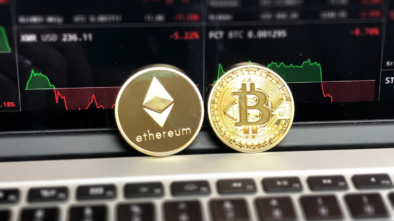Colombia’s economy grew faster than anticipated in the second quarter, and a representative from the tax and customs department of the nation hinted at some of the country’s ambitions for digital currencies. According to Luis Carlos Reyes, chairman of Colombia’s National Tax and Customs Commission, Gustavo Pedro’s administration wants to establish a digital currency to stop illicit financial activity like tax evasion. This official explained Colombia’s ambitions for digital money in an interview with the neighbourhood daily Semna: “Columbia’s new monetary policy initiatives seek to increase the openness of financial transactions.” This analysis states that 6% to 8% of Colombia’s GDP is thought to be lost to tax evasion. A potential digital currency that is possible for a user -expert is a key advantage.
The official did not say that the Columbia government began launching a central bank’s (CPTC) digital currency or national immovable support, such as Venezuelan Peter. Ernando Vargas, deputy governor of Central Bank of Colombia, previously considered the consequences of CPDC retail trade in Colombia in 2022. The main part of the coding and coding of currencies in Colombia in certain circumstances indicates threats from coding and coding of currencies. He said: “Safety tax is weaker against the widespread use of encrypted and stepped currencies than other Colombia court regions.
This information was released soon after Columbia Peter, the new president, participated in August. 7. As was previously said, Petro is well-known for supporting digital currencies like Bitcoin (BTC). Pedro suggested the PTC in 2017 as a means of redistributing power from the government to the people. Peter remarked at the time, “Virtual money is pure information, thus it’s energy. According to the most recent data, Colombia’s economy outperformed forecasts in the second quarter because to support from the Petro administration, with GDP recorded expanding 12.6 percent vs forecasted 12.1 percent growth.
Read more: Will The Breakeven Point For Bitcoin Short-Term Holders Act As Resistance Once More?









